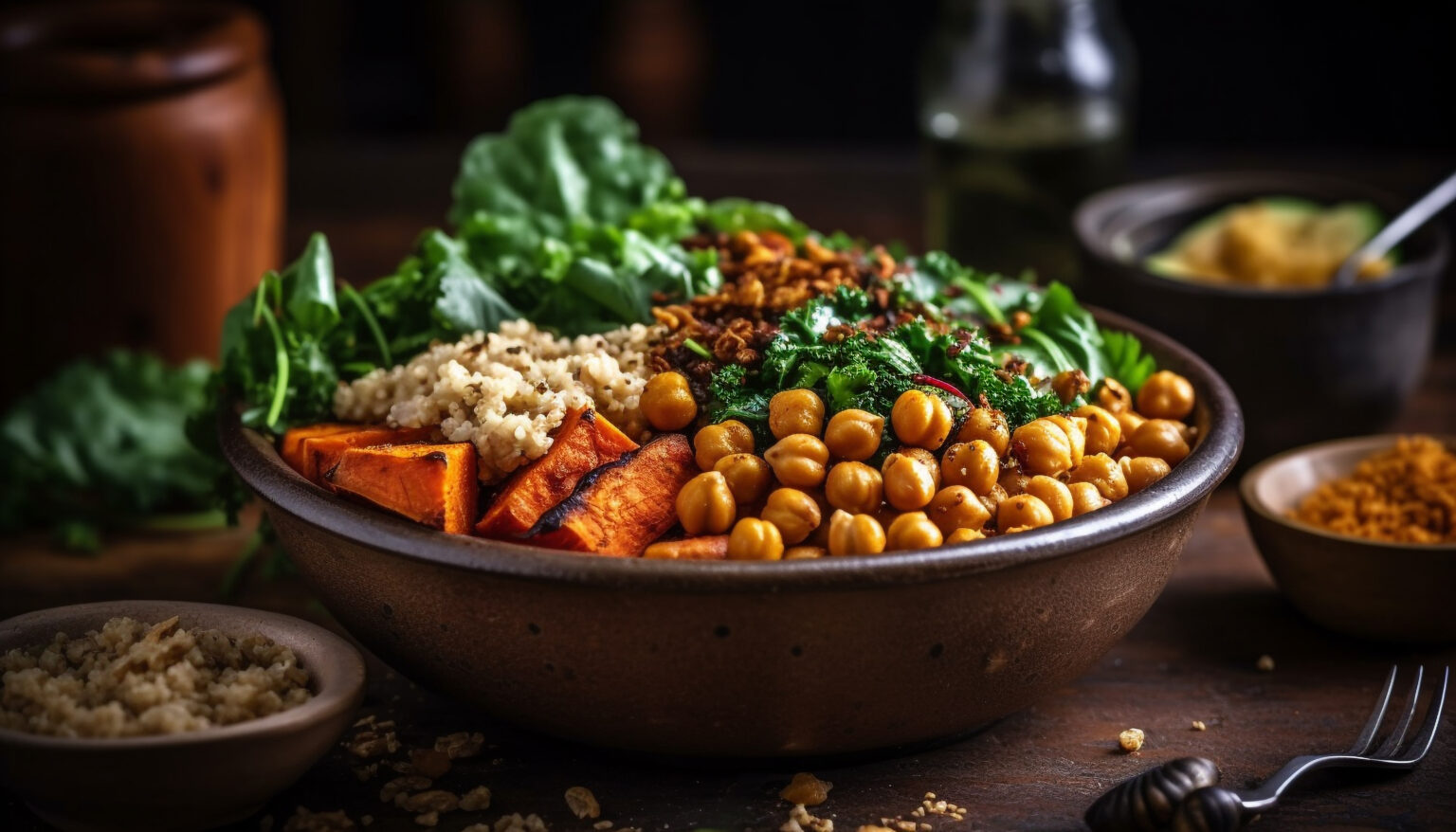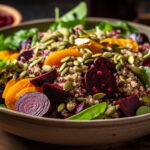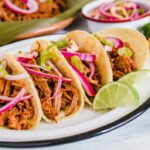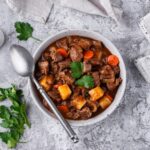Adopting a vegan lifestyle has gained significant popularity in recent years due to its numerous health and environmental benefits. However, concerns often arise about meeting essential nutrient needs, particularly for iron, zinc, and vitamin D. While these nutrients are commonly associated with animal-derived products, there is a wealth of vegan alternatives that can help vegans achieve a balanced and nourishing diet. In this article, we will explore plant-based sources of iron, zinc, and vitamin D, ensuring that individuals following a vegan lifestyle can maintain optimal nutrition.
Iron: Iron is a vital mineral required for oxygen transportation and energy production. While animal foods like red meat are rich in iron, plant-based sources can be equally effective in meeting daily requirements.
- Legumes: Foods such as lentils, chickpeas, and black beans are excellent sources of iron. Including them in stews, soups, and salads can provide a significant iron boost.
- Dark Leafy Greens: Spinach, kale, Swiss chard, and other leafy greens are not only packed with iron but also offer a host of other essential nutrients. They can be enjoyed in salads, smoothies, or sautéed as a side dish.
- Whole Grains: Quinoa, brown rice, and fortified cereals are great plant-based iron sources. Ensure that whole grains are an integral part of your vegan diet.
- Nuts and Seeds: Snacking on almonds, cashews, pumpkin seeds, and sesame seeds can provide a substantial amount of iron. These nutrient-dense foods are also rich in healthy fats.
Zinc: Zinc is crucial for immune function, cell growth, and wound healing. While zinc is typically found in animal products like seafood and poultry, plant-based alternatives can effectively fulfil your zinc requirements.
- Legumes: Once again, legumes prove to be a valuable source of essential nutrients. Beans, lentils, and chickpeas are not only rich in iron but also provide a decent amount of zinc.
- Whole Grains: Whole grains like oats, quinoa, and brown rice offer a moderate amount of zinc. Incorporating these grains into your meals can help maintain optimal zinc levels.
- Nuts and Seeds: Almonds, cashews, hemp seeds, and pumpkin seeds are packed with zinc. These versatile ingredients can be enjoyed as a snack or used to enhance the nutritional profile of various dishes.
- Tofu and Tempeh: These soy-based products are not only excellent sources of plant-based protein but also contain zinc. Including tofu and tempeh in your meals provides a double nutritional benefit.
Vitamin D: Vitamin D plays a crucial role in calcium absorption, bone health, and immune function. While the sun is a primary source of vitamin D, it can be challenging to obtain sufficient levels through sunlight alone, especially for individuals living in regions with limited sun exposure. Nonetheless, vegans can find alternative sources to meet their vitamin D needs.
- Fortified Plant-Based Milk: Many plant-based milk alternatives, such as soy, almond, and oat milk, are fortified with vitamin D. Ensure you choose varieties that are specifically fortified with this essential nutrient.
- Mushrooms: Some mushrooms, such as shiitake and maitake, contain vitamin D naturally. Exposing mushrooms to sunlight before consumption can boost their vitamin D content.
- Supplements: Vitamin D supplements derived from plant sources are widely available. Consulting with a healthcare professional to determine the appropriate dosage is recommended.
Following a vegan lifestyle is entirely feasible when it comes to meeting essential nutrient requirements. Iron, zinc, and vitamin D can be obtained from a diverse range of plant-based sources, ensuring a balanced and healthy vegan diet. By incorporating legumes, dark leafy greens, whole grains, nuts, seeds, and fortified foods into your meals, you can confidently embrace a plant-powered lifestyle while maintaining optimal nutrition. Remember, variety is key, and a well-planned vegan diet can provide all the essential nutrients your body needs to thrive.








